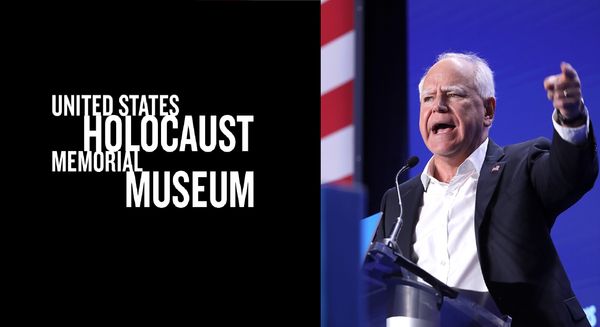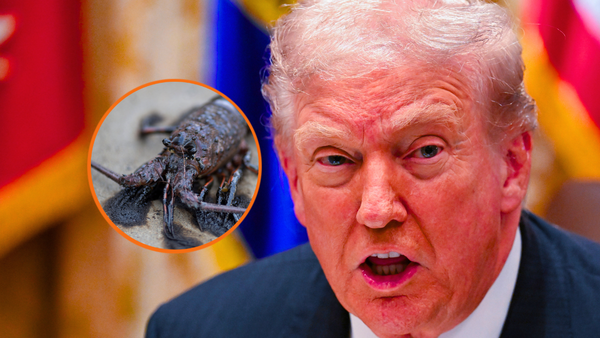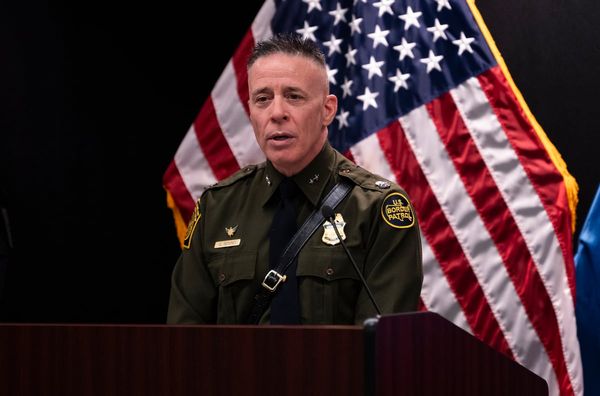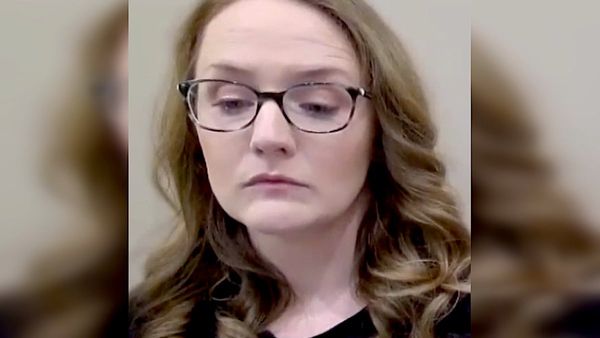The way Uncle Jack Charles saw it, acting saved his life.
NOTE: This story uses Uncle Jack Charles's name and image with the permission of his family.
"I think I owe my life to having found the theatre," he told Victoria's truth-telling inquiry earlier this year.
But as news of the 79-year-old actor and Aboriginal elder's death sinks in, a nation is marking the debt it owes to him.
Like his friend and fellow artist Uncle Archie Roach, Uncle Jack took his personal stories of searing pain and injustice at the hands of the nation's institutions and turned it into an image Australia could not unsee.
'I was not told anything about Aboriginal people'
For Uncle Jack, the injustices began early, when he was taken from his Aboriginal mother at just four months of age.
As he told the Yoorrook Justice Commission, she herself was a 15-year-old ward of the state at the time.
He spent several years moving through institutions, including the Salvation Army Boys' Home at Box Hill in Melbourne's east, where he was physically and sexually abused.
"I was not told anything about Aboriginal people, our languages or our culture," he recalled.
"I knew I looked different, but didn't understand the differences in culture at all."
In a twist of fate, it was during this time Uncle Jack briefly crossed paths with the siblings from whom he had been separated.
He recalled learning the last names of his sisters and brother and musing "wouldn't it be funny if we were brothers and sisters?"
"And of course, I later found out that we were."
The search for a fractured family
At 14, Uncle Jack was placed with a non-Indigenous family, but said he always felt like a "tolerated outsider".
So, he went searching for his family's story.
It took him to the streets of Fitzroy in inner-city Melbourne, where a tight-knit Aboriginal community had formed.
It included other Stolen Generations survivors and people whose life on country had been disrupted by decades of government intervention.
Uncle Jack recalled how walking into a pub, he found himself in a "sea of blackfellas".
"I couldn't believe it! For my entire life, I'd been the only noticeably black person in any space and yet here I was, in a sea of blackfellas," he told the inquiry.
"I couldn't believe this was Melbourne — I'd never experienced a Melbourne that looked like this."
In time, Uncle Jack came to reconnect with his mother, but in his own words, "we didn't exactly bond".
"I believe this is because all of her 11 children were removed," he said.
"All of us were taken, and I think, what a hard life my mum must have had."
Stories of prison life take to the stage
Through his adult years, the fracturing of his family weighed heavily, leading to drug addiction, and then burglary to fuel that addiction.
The Stolen Generations survivor began burgling homes in Melbourne's affluent suburbs of Toorak, Kew, South Yarra and Camberwell.
"When I started robbing people, I classified it as 'collecting the rent'," he recalled.
"I justified my actions as a hunter-gatherer, going onto prime Aboriginal land – my mother's lands, to collect what was due."
But it was a rationale that didn't wash with judges, and the Boon Wurrung, Dja Dja Wurrung, Woiwurrung and Yorta Yorta man spent his 20th, 30th, 40th and 50th birthdays behind bars.
During his time in police custody, Uncle Jack said he experienced mistreatment on several occasions.
In one, he said an officer put a pistol in his mouth, threatening to shoot him dead.
Another time, Uncle Jack said detectives taking him up into the hills had told him he was going to be murdered.
"I thought it was gonna be the end of me," he told the truth-telling inquiry.
"But no, no, they had to drive me back down."
It was during his time in prisons on Dja Dja Wurrung country that he learned the fine art of ceramics, and became a "leading light" for other inmates.
"I taught people how to throw pots on a wheel, I taught them how to control and contain themselves in that environment," he said.
The 'father of black theatre' blazes his own trail
Throughout these tumultuous decades, Uncle Jack was also forging a path as an actor.
In 1971, he co-founded Nindethana, Australia's first Aboriginal-run theatre group, with Bob Maza in Melbourne.
Pushing through an industry that offered few leading roles for Indigenous actors, they created their own, exploring issues of racism and injustice.
In 1978, Uncle Jack appeared in the landmark Australian film The Chant of Jimmie Blacksmith.
Through the 1990s, he appeared in Australian films Bedevil and Blackfellas.
But his profile soared after he appeared in the 2008 documentary Bastardy, in which filmmaker and friend Amiel Courtin-Wilson observed Uncle Jack over seven years.
"There was an unbelievable outpouring of love for Jack when Bastardy was released," Courtin-Wilson told the ABC after Uncle Jack's passing.
"As Jack said himself, it sort of allowed him to enter a different chapter of his life."
Courtin-Wilson said it was a "life-transforming" experience for him to bear witness to Uncle Jack move beyond his drug addiction, revive his career and reconnect with his community.
"Jack would treat a close friend exactly the same as a bus driver he'd met that day, there was an equanimity and a warmth and generosity that he really taught me, how to be a better human being," he said.
With Bob Maza's daughter, actor and stage director Rachael Maza, Uncle Jack staged another personal piece of art, Jack Charles Vs The Crown, premiering in Melbourne in 2010.
The play ended up touring internationally, taking Uncle Jack's story and Australia's treatment of Aboriginal people to a global audience.
Baring his life story never seemed to faze him.
"The idea of putting that all down on a big screen for the world to see, doesn't embarrass me," he said.
"It's no shame job, because my life, as I see it, is a variation on so many other lives, they don't have the opportunity like I have … to be given the full scope of that which had been lost, denied and hidden from me."
'Little in stature, but big in his way'
The Aboriginal elder's commitment to truth-telling filled his work, including the story of the Coranderrk reserve and his own discovery of his Aboriginal father's identity last year in SBS's Who Do You Think You Are? program.
Most recently, he shared his own life story at the Yoorrook Justice Commission, which Victoria's Premier Daniel Andrews noted would ensure it was "permanently etched into our state's history".
Ian Hamm, the chair of the Healing Foundation Stolen Generations Reference Group, described Uncle Jack as a true statesman who "dedicated his life to healing our nations".
"When I heard of Jack's passing, I cried," Mr Hamm said.
"Jack, through telling his own life story, shone a bright light in the darkest corner of our national narrative — the stolen children.
"He did this without anger, but with purpose and the deepest of compassion.
"Thank you, Jack, for just being you."
Uncle Jack's niece, Ajia Jacklyn Charles-Hamilton, said her family had been overwhelmed by the flood of tributes from the nation's political and cultural leaders in the hours after his death.
"He was little in stature, but big in his way," she said.
"He loved so many people, he had the biggest heart, he leaves behind a long, big legacy.
"What a voice, what a man, what an uncle. Love you Uncle Jack."
Visit ABC iview and the ABC listen app to explore collections celebrating the work of Uncle Jack Charles, including his appearances on Conversations and Speaking Out.







